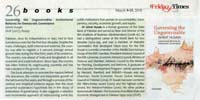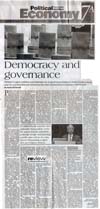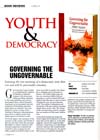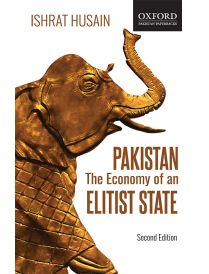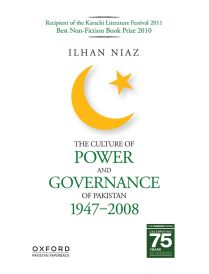Governing the Ungovernable
Pakistan, since its independence in 1947, had to face tumultuous years for the first four decades. Despite the many challenges, both internal and external, the country was able to register a 6 percent average annual growth rate during the first forty years of its existence. The country was ahead of India and Bangladesh in all economic and social indicators. Since 1990, the country has fallen behind its neighbouring countries and has had a decline in the growth rate.
This book attempts to examine the reasons behind this slowdown, the volatile and inequitable growth of the last twenty-five years, and through a process of theoretical and empirical evidence argues that the most powerful explanatory hypothesis lies in the decay of institutions of governance. It also suggests a selective and incremental approach of restructuring some key public institutions that pertain to accountability, transparency, security, economic growth, and equity.
 Weight in kg
0.48
Weight in kg
0.48
 Rights
World
Rights
World
 Year of Publication
2022
Year of Publication
2022
 Binding
Paperback
Binding
Paperback
 Pages
568
Pages
568



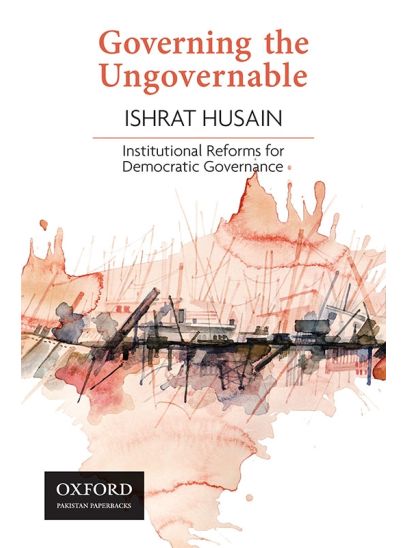
 Bulk Order
Bulk Order Request a Quote
Request a Quote
